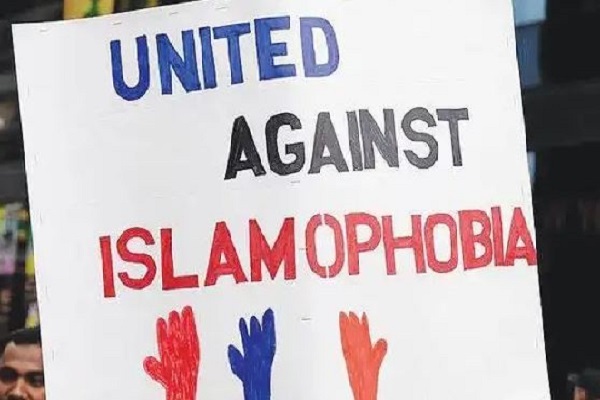British Muslims Unite to Address Surge in Islamophobia After Summer Riots

The riots, which swept through 27 towns and cities, were sparked by Islamophobic misinformation and led to targeted assaults on mosques and Muslim communities.
These events marked a critical moment in the fight against Islamophobia, occurring amid the emboldened far-right rhetoric associated with Donald Trump’s return to the U.S. presidency and the normalization of anti-Muslim sentiment in Western political discourse.
The National Islamophobia Strategy Meeting, organized by the Muslim Council of Britain (MCB), brought together community leaders, activists, academics, and grassroots representatives to develop a unified and proactive response. This initiative follows Home Office data showing that nearly 40% of all recorded religious hate crimes in the year ending March 2024 targeted Muslims.
Read More:
“The events of Summer 2024 have made it clear that we must move beyond words to decisive action,” stated Zara Mohammed, Secretary General of the MCB.
“Our communities face unprecedented challenges, but we are responding with unprecedented unity and determination,” MCB website quoted her as saying.
The meeting identified three primary areas of focus: victim support, evidence gathering, and community empowerment.
Taskforces, according to the MCB, will be established to develop solutions within these areas, including improved systems for recording Islamophobic incidents, strengthening grassroots initiatives, and creating educational programs to counter misconceptions.
The initiative builds on recent political acknowledgments of the problem, including the Prime Minister’s statement in Parliament on November 13, recognizing Islamophobia as a serious issue. However, participants at the meeting stressed that words must be matched with action. They urged the government to adopt the All-Party Parliamentary Group on British Muslims’ definition of Islamophobia and to establish independent, well-funded mechanisms for monitoring anti-Muslim hate crimes.
Read More:
The urgency of these efforts is underscored by a 25% increase in religious hate crimes compared to the previous year, the highest level since records began in 2012.
Community leaders at the meeting pointed to the importance of collective action, calling on all sectors of British society to support initiatives aimed at building a more inclusive and equitable society.
Over the next 6–10 months, working groups will develop detailed proposals to address Islamophobia and provide long-term solutions to combat hate crimes and discrimination.
Source: Agencies



